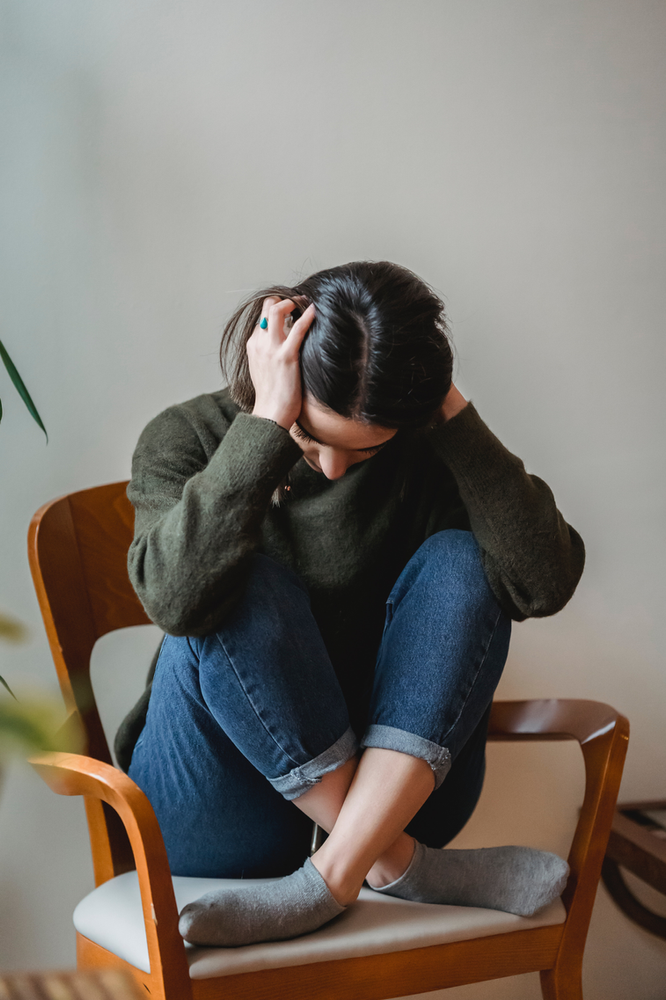This comprehensive guide breaks the silence on the loneliness epidemic. Take a closer look as we explore the disconnect, the causes, and how to treat this surge in solitude.
Loneliness is not a diagnosable condition. Yet, research has shown that it has the same impact on death rates as smoking 15 cigarettes a day.
You can feel alone on a crowded elevator or standing in line at the post office. Loneliness is a person’s satisfaction with the level of connection they desire versus the reality of what they have or don’t.
Americans feel more alone now than ever before. This seclusion is a powerful force that impairs many parts of our lives. It can be as harmful as obesity, cigarettes, or a drug or alcohol addiction.
Individuals who struggle with alcohol and drug addiction face mental health challenges. Sometimes, it’s difficult to know which problem happened first. People can start misusing drugs because of their mental illness. Or they developed mental illness after starting to misuse drugs. We call this dual diagnosis or co-occurring disorders.
Loneliness Stats and Insights
Raising awareness makes it easier to progress. Lives are impacted every day. It’s essential to understand the facts behind this public health concern.
Physical Health Effects
Research from the AARP Foundation showed the physical effects of isolation and loneliness on nursing home resident’s quality of life are alarming:
-
- 50% increased risk of developing dementia
- 32% increased risk of stroke
- Nearly fourfold increased risk of death among heart failure patients
A lack of in-person socialization can heighten dementia symptoms in seniors, according to neuropsychologist Neil H. Pliskin, a professor of clinical psychiatry and neurology at the University of Illinois School of Medicine.
Mental Health Effects
The same cross-sectional study evaluated a group of 18 to 34-year-olds. Researchers found a relationship between loneliness and depression, anxiety, alcoholism, and drug use during COVID-19.
-
- Almost 80% reported significant depressive symptoms
- 61% reported moderate anxiety
- Feeling lonely results in a 60% increase in the risk of mental decline and a 45% greater risk of death.
Symptoms of Mental Illness
-
- Persistent sad, anxious, or empty mood
- Feelings of hopelessness or pessimism
- Irritability
- Feelings of guilt, worthlessness, or helplessness
- Loss of interest or pleasure in hobbies and activities
- Decreased energy or fatigue
- Moving or talking more slowly
- Feeling restless or having trouble sitting still
- Difficulty concentrating, remembering, or making decisions
- Difficulty sleeping, early-morning awakening, or oversleeping
- Appetite or weight changes
- Thoughts of death or suicide, or suicide attempts
- Aches or pains, headaches, cramps, or digestive problems without a clear physical cause that do not ease even with treatment
Social Effects
We are now witnessing a previously predicted post-COVID “social recession” as the lockdowns opened new challenges to collect ourselves.
-
- Social separation and solitude are associated with an additional $6.7 billion in Medicare spending.
- According to studies by AARP and Cigna, the spending has cost employers more than $154 billion annually in stress-related absenteeism, plus more in job turnover.

If you want to read more, please visit: https://trueaddictionbh.org/loneliness-epidemic-mental-illness-substance-abuse-resources/

